Artificial intelligence: no utopia, no Apocalypse... but what?
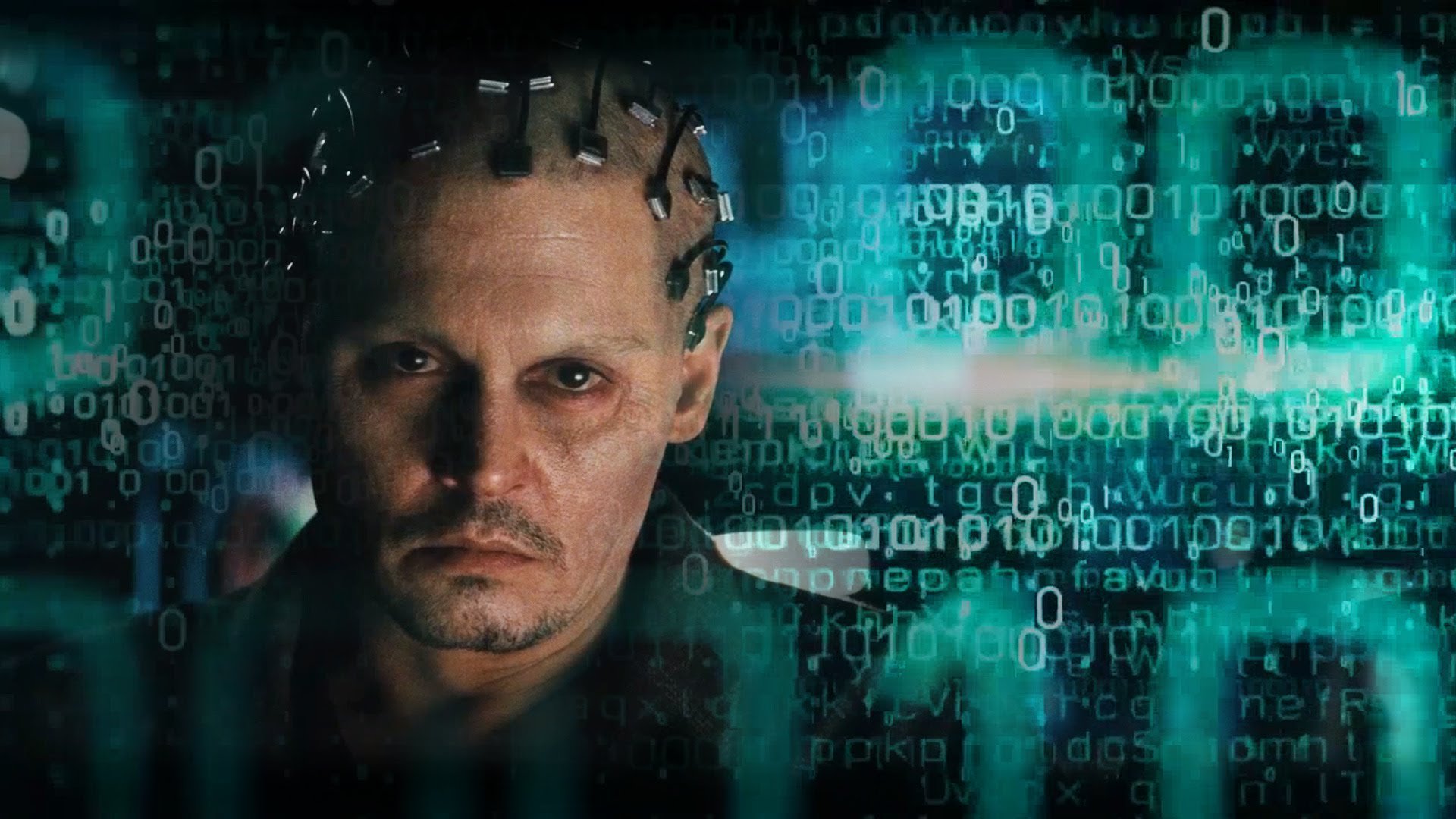 Source:
Source:
Almost anyone who is even slightly immersed in the subject of artificial intelligence, comes to the conclusion that either he will lead us to a fiery Apocalypse or a magical utopia. Options between virtually no. Of course, this is partly dictated by the fact that more attention is attracted to slogans like "the End is near!" or "Utopia is coming!". And yet...
In part, this comes down to how people feel about change, especially large-scale. Millenialism has nothing to be "Millennials", born in the 90s and remember the series about Buffy, the winner of vampires. This style of thinking about the future, which is associated with a deep-rooted sense of destiny. Millenarism is "the expectation that the world will be destroyed and replaced with a perfect world and that will come the Redeemer who will crush evil, and consolation of the righteous."
Beliefs of Millennials, respectively, are closely linked to the idea of destruction and creation. Among them — the idea is huge, apocalyptic, seismic shifts that will destroy the fabric of the old world and build something completely new. Such belief system exists in many major religions of the world, even in not most religions, atheists and agnostics who believe in technology.
Consider, for example, as futurists are waiting for a technological singularity. According to ray Kurzweil, the singularity is the creation of Paradise. Everyone will become immortal thanks to biotechnology that will cure our disease; our brains will be uploaded to the cloud; inequality and suffering will disappear as a phenomenon. "World destruction" (destruction of the world) is replaced by the preferred term Silicon valley: disruption or radical change in the industry. And as with other millennial beliefs, your final opinion depends on what are you waiting for: the end of the world or the birth of utopia.
There are many good reasons to stay skeptical about this kind of thinking. The most convincing one is probably that the beliefs of Millennials simply reflect the attitude of people to change; just look at how many variations of these beliefs have grown in the world.
These beliefs are present in aspects of Christian theology, though, and became popular in its modern form in the 19th and 20th centuries. Ideas like Eternal mourning — many years of suffering and hardship — and the Rapture, when the righteous will be resurrected and the wicked punished. After this destruction, the world is re-created, or people will go to heaven.
Despite the dogmatic atheism, Marxism had many similar beliefs. The only question in relation to the story. Just as believers are looking for the signals that hint at the fulfillment of the prophecies, the Marxists are looking for signs that we are in the final stage of capitalism. They believe that society will inevitably deteriorate and degenerate to the bottom — in fact, according to Christians.
According to Marxism, when the exploitation of the working class rich will be unsustainable, the working class is going and relieves the oppressors. "Sorrow" is replaced by "revolution." Sometimes revolutionary figures such as Lenin or Marx himself proclaimed Messiahs that bring the onset of the Millennium; their rhetoric inevitably contains the calls for the destruction of the old system, the ruin of which "we ours, we will build a new world". A righteous workers will get their due, and the evil bourgeoisie will be destroyed.
Even in Norse mythology there is an element of this, as noted by James Hughes in his essay in the book nick Bostrom "Global catastrophic risks". Ragnarok and the people and the gods defeated in a final apocalyptic battle, but since it is a little gloomy, the Scandinavians have added the idea of a new earth, where the survivors will live in harmony.
The day of judgment, too, has become a cultural trope. Take the ancient Egyptians and their beliefs on the subject of the afterlife; the Lord of the underworld, Osiris weighed the heart of a mortal along with a pen. If the heart of the deceased will be too burdened by misconduct, it will be eaten by the demon and hope the afterlife will disappear.
Perhaps in time the singularity will happen. As soon as improved our technology, and hence our strength, our hearts, the hearts of the people, are weighed against feathers. If they are too heavy with stupidity, arrogance, prejudice, evil — we fail the test and be destroyed. But if we go in and come out of the singularity, we are waiting for Paradise. As in other belief systems, there is no place for non-believers; the whole society will change radically, whether you like it or not. Technological admiration.
It Seems, every serious development provokes such a response. Nuclear weapons, too. Either it will be the last straw and we will destroy ourselves, or nuclear energy can be used to create a better world. At the dawn of the nuclear age, people spoke of electricity "too cheap to be considered." The scientists who worked on the bomb, most thought that with such destructive power in the hands of man, we will just have to come together and work together as a species.
When we see the same response over and over again, in different circumstances arising in different fields, be it science, religion or politics, we need to consider human prejudices. We like the beliefs of Millennials, so when the idea of artificial intelligence will exceed human, we immediately impose a familiar pattern.
We don't like the facts. We don't like information. We are not so rational as we think we are. We are creatures of narrative. Physicists see the world, and we woven your own observations in narrative theory, stories of tiny billiard balls flying here and there and collide among themselves, or of space and time, which is bent, is curved and expanding. Historians attempt to give meaning to the endless stream of events. We love stories: stories posted by our past, our present and they are preparing us for the future.
Narrative of Millennials are beautiful and compelling. It leads you to social changes. It can meet your daily suffering, if you are grieving. He gives you a hope that your life is important and meaningful. It gives you a sense of the development of things in a certain direction, in accordance with the rules, and not just in chaos. He promises that the righteous will be saved, and heretics punished even if you are on the path of suffering. Finally, the narrative of Millennials are promised heaven in the end of the tunnel.
We should be careful with the narrative of Millennials as we reflect on the theme of technological development, the singularity and existential risks. Many times we shouted "wolves!", when they were not. Perhaps now the world is on the brink of disaster. Of course, this story is not as attractive. Of course, everyone wants enchanting finale.
But dig deeper — and you will understand that the beliefs of Millennials are not always the most promising because they eliminate the human agent from the equation. We have to believe in shades of gray and to abandon the sinister Apocalypse with red-AI, and from the fairy-tale utopia with the all-powerful AI that loves people.
...Recommended
Can genes create the perfect diet for you?
Diet on genotype can be a way out for many, but it still has a lot of questions Don't know what to do to lose weight? DNA tests promise to help you with this. They will be able to develop the most individual diet, because for this they will use the m...
How many extraterrestrial civilizations can exist nearby?
If aliens exist, why don't we "hear" them? In the 12th episode of Cosmos, which aired on December 14, 1980, co-author and host Carl Sagan introduced viewers to the same equation of astronomer Frank Drake. Using it, he calculated the potential number ...
Why does the most poisonous plant in the world cause severe pain?
The pain caused to humans by the Gimpi-gympie plant can drive him crazy Many people consider Australia a very dangerous place full of poisonous creatures. And this is a perfectly correct idea, because this continent literally wants to kill everyone w...
Related News
What if dark matter is not particles?
Everything we have ever observed in the Universe, from matter to radiation, can be decomposed into the smallest components. Everything in this world is composed of atoms, which consist of nucleons and electrons, nucleons are divid...
Stephen Hawking did not find the answer to his most interesting scientific mystery
a Few days ago, March 14, the world left is one of the most eminent physicists of our time, Stephen Hawking. Despite his severe illness, Hawking has managed to write a lot of scientific books, many of which became real bestsellers...
All disk galaxies in the Universe are United by one detail
Astrophysics International centre for radio astronomy research (ICRAR) and the University of Western Australia came up with some interesting findings in recent studies: regardless of the size and weight, all disk galaxies in the U...
Platypus will help scientists to create new antibiotics
Platypus himself, unwittingly, became a direct participant in the breakthrough discovery that made scientists from the Australian State Association of scientific and applied research. It turned out that the milk of this animal con...
Scientists caught three FRB signal. One was a record power
Astronomers Australian Observatory, Parkes caught three mysterious fast pulse, the nature of which remains unclear. When one of the received signals was a record capacity ratio signal/noise. The signals were received by 1 March, 9...
Simulation of the "fog" will help in finding aliens
analysis of the murky fog to simulate atmosphere created in the laboratory will be an important step in the search for aliens. As you must know, the space telescope James Webb will study planetary atmospheres in search of signals....
Other person: how a year-long mission on the ISS influenced American astronaut
In 2016, the American astronaut Scott Kelly returned to Earth after a 340-day stay aboard the International space station (ISS). Such extended space travel became a part of the program space Agency NASA to study the effects of lon...
The "body on a chip" — a new development at MIT for testing of medicines
When a pharmaceutical company needed to figure out how a new drug affects the human physiology, the list of options is not so great. Most often the drugs are tested on laboratory mice, which can hardly be called "the perfect analo...
Astronomers have studied the dead neighbor of the milky Way
Astronomers of the Spanish University of La Laguna undertook a study of the background galaxy NGC 1277, which stopped the formation of new stars. Researchers report that this system has not changed much over the last 10 billion ye...
We never make contact with extraterrestrial civilizations
While signals from extraterrestrial civilizations to reach Earth, it is likely that by this time all the aliens have long been extinct. To this conclusion came a group of American astronomers under the guidance of the Swiss resear...
Sleep in a room where light penetrates, can lead to depression
we All sleep in different conditions. Someone prefers to sleep with a night light, getting used to this lighting since childhood, some people prefer total darkness in the room and someone can sleep with the lights on. As it turned...
Discovered double Earth interested astronomers
Japanese astronomers analyzed data from a space telescope "Kepler" and found 15 new exoplanets. One of them, as scientists say, as two drops of water similar to our Earth. The only thing that distinguishes them is the size. Discov...
Our dreams have many uses, which vary over the life of the
Despite the fact that sleep and waking are very different in terms of both content and feel, and as profoundly difficult. For anybody not a secret that the dreams of the children differ from the dreams of adults. Children having e...
Some people hear colors and taste the sounds to taste. How do they do it?
Synesthesia is a rare neurological condition in which senses are mixed and begin to feel for others. One woman synesthet says that "the name Katerina tastes like chocolate cake". These people call pain by its name, hear colors, se...
The mineralogists found in terrestrial diamonds "alien" ice
collected and studied diamonds from the mines in South Africa, China, Zaire and Sierra Leone scientists from the University of Nevada (USA) found a microscopic inclusion of ice very rare cubic form. Such ice is called ice VII. Thi...
Chinese developers have taught the AI to speak in a human voice
Chinese Experts lab of Baidu Research, which is owned by the biggest search giant of China, has created an algorithm AI Deep Voice, is able to convert text to speech. Similar projects that existed prior to that, faced with the pro...
Physicists have found a way to see the "smile" of quantum gravity
In 1935, when quantum mechanics and General theory of relativity was very young, not very well known Soviet physicist Matvei Bronstein, aged 28 years, made the first detailed study on the harmonization of these two theories in a q...
It seems that dogs can "see" with their powerful noses
Dogs have a remarkable sense of smell, but scientists have long could not understand, whether our smaller brothers to associate the fragrance or smell with the physical object. A new study says it is likely, however, that dogs for...
Space debris will be able to give our "brothers in mind"
Our Earth is surrounded by a huge «bubble» space debris. If you look at the map, showing all man-made objects currently in orbit, it will be clear that it flies not two or three fragments of rockets or satellites. Yes, t...
The sugar has nothing to do with it: our ancient ancestors had the same problems with their teeth
tooth decay is one of the major problems related to teeth, in the modern world. Sodas, fruit juices, wine and other acidic foods often become the main accused, and then goes our wrong teeth brushing. Familiar, huh? And here the sc...


















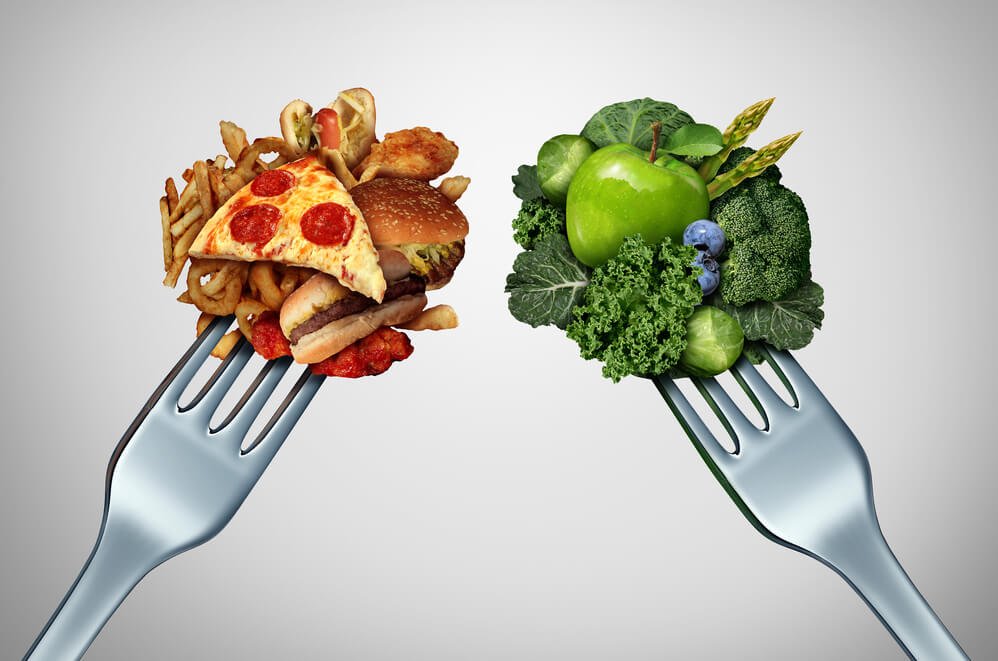
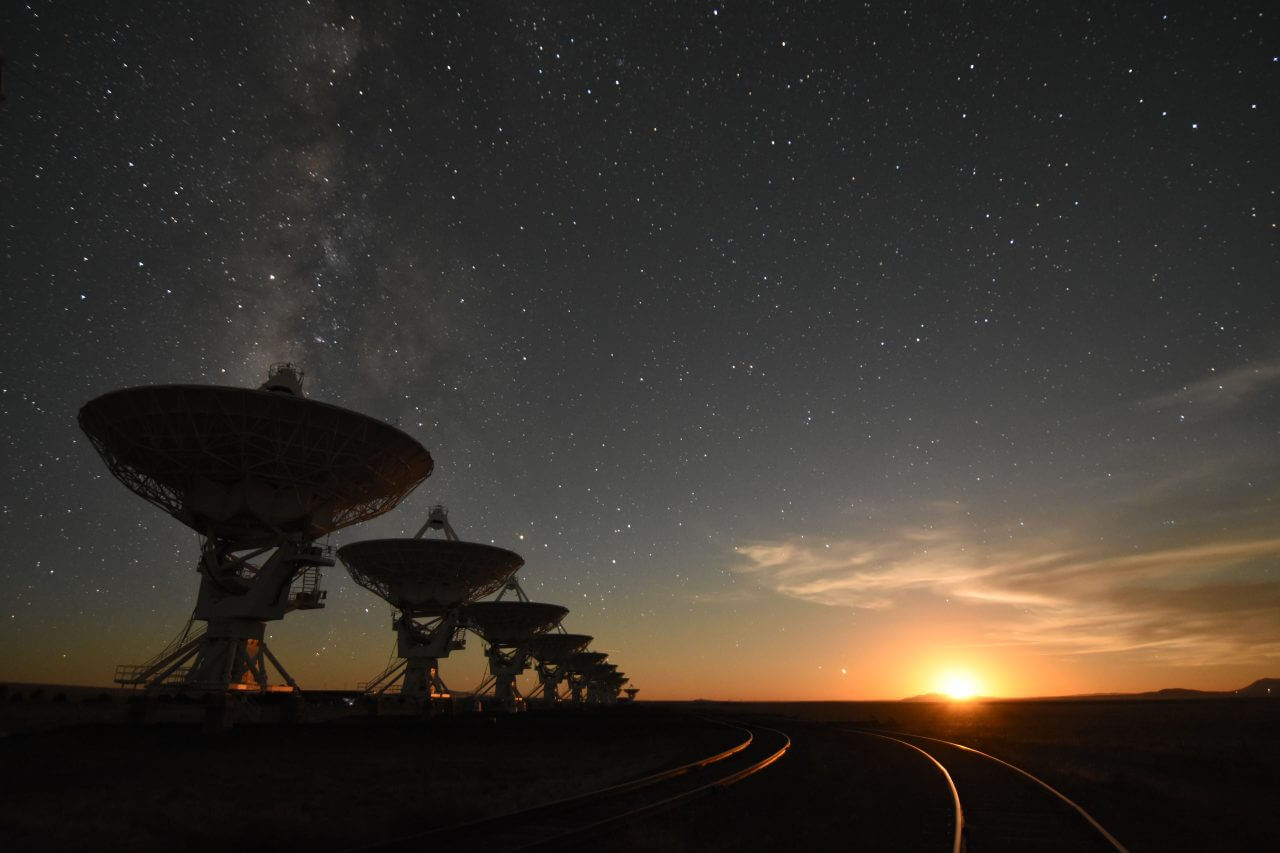
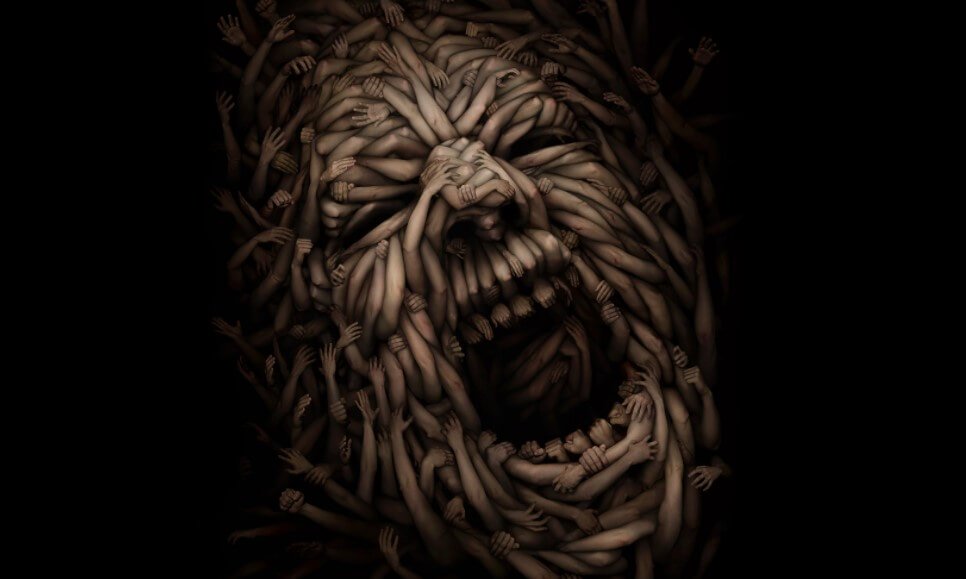
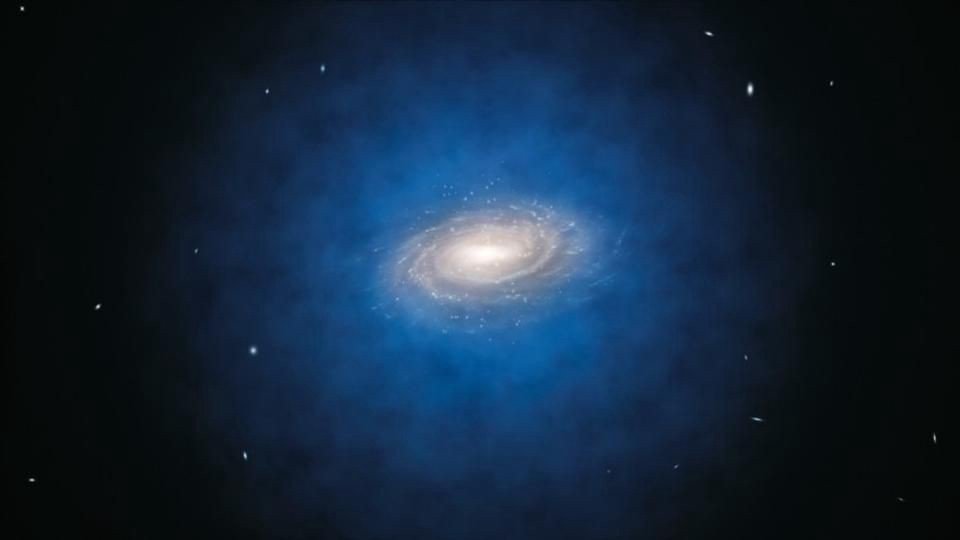
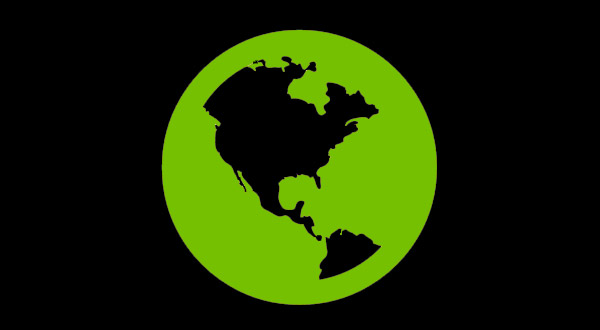
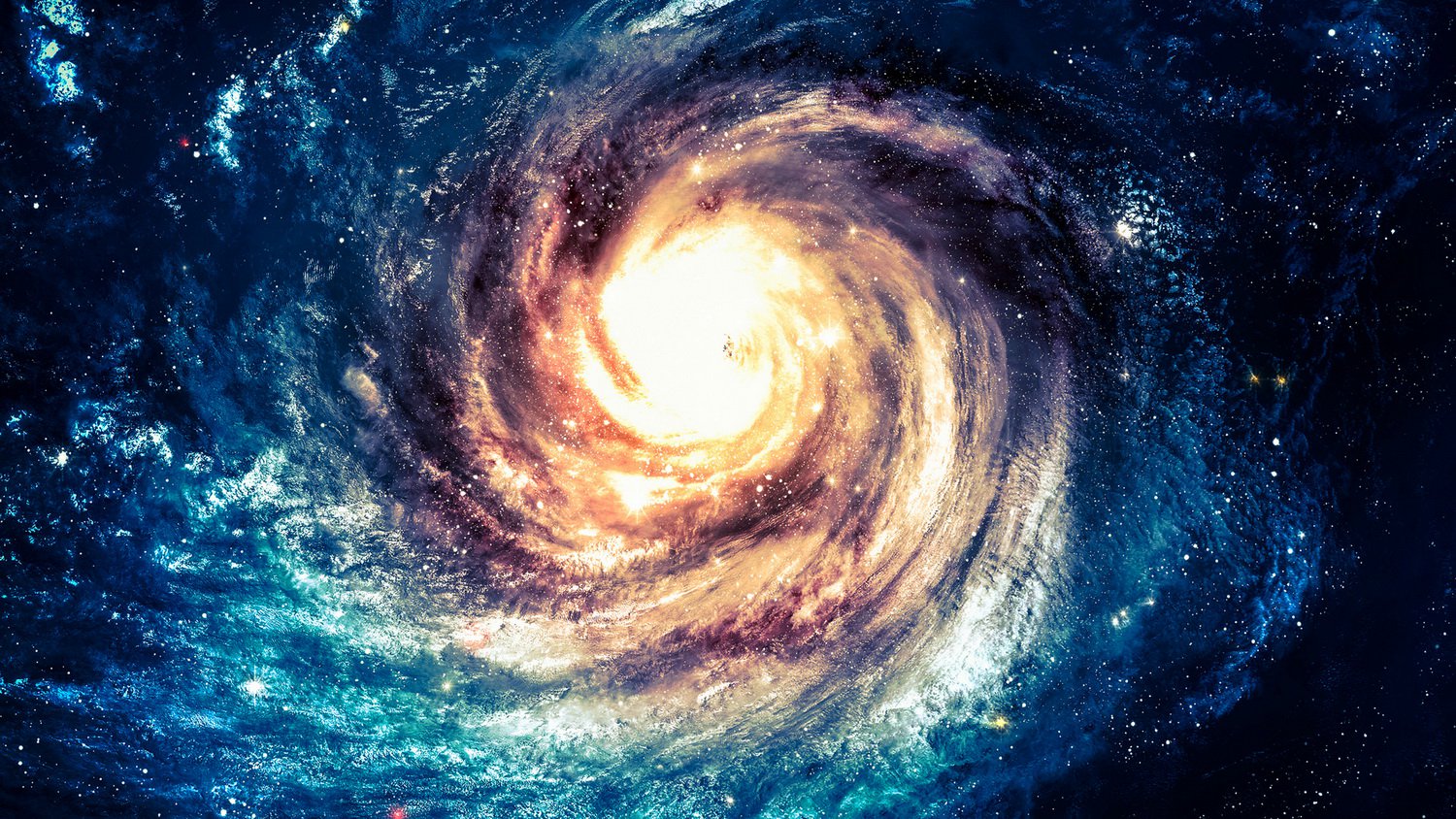
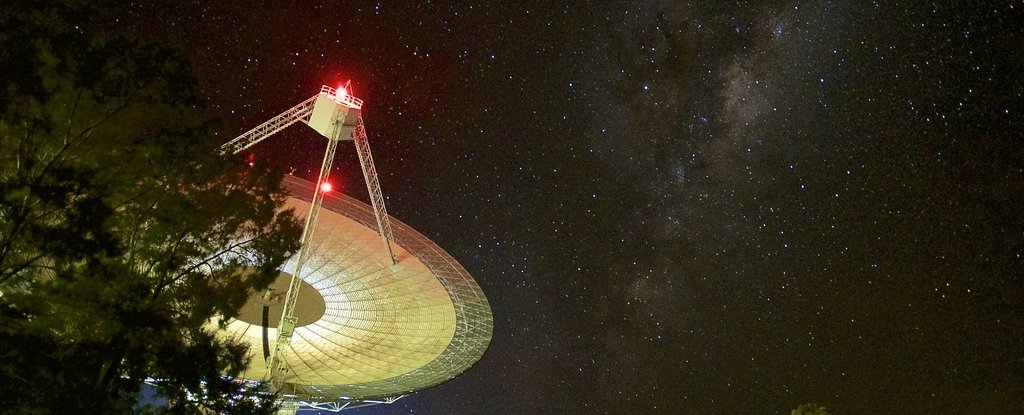

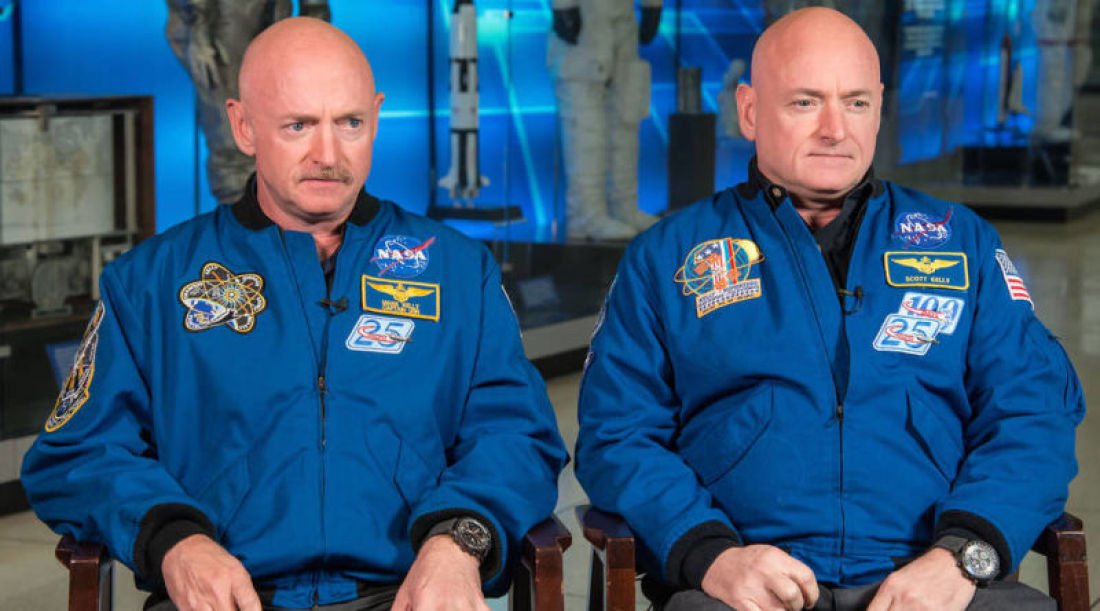
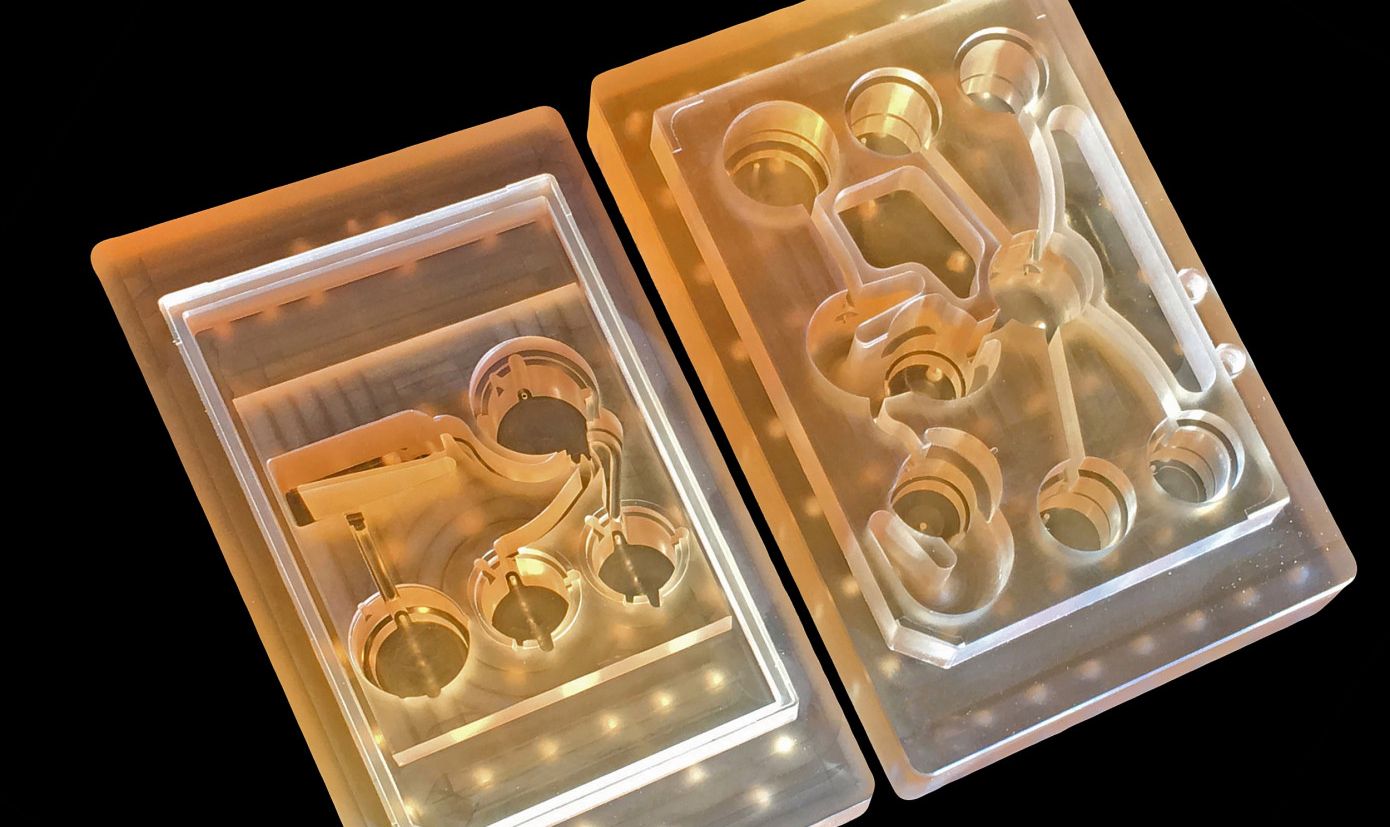
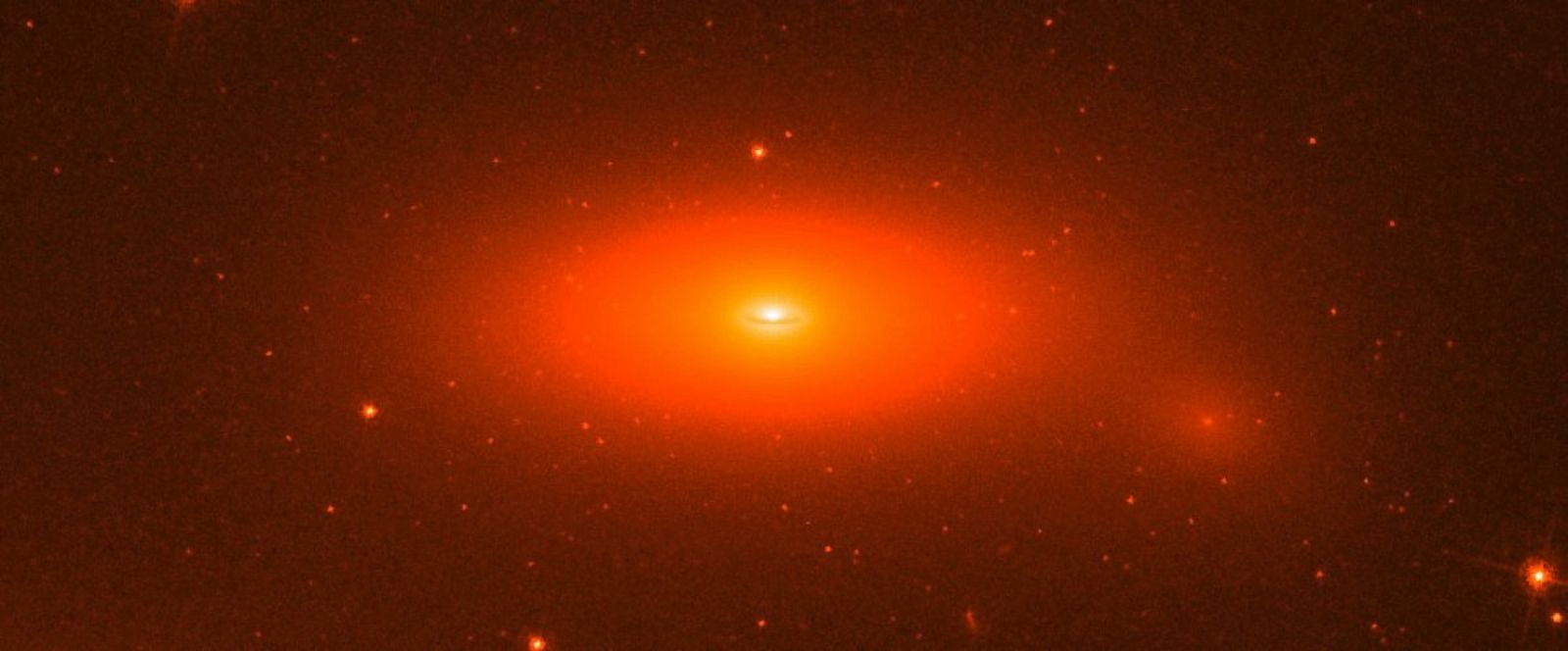
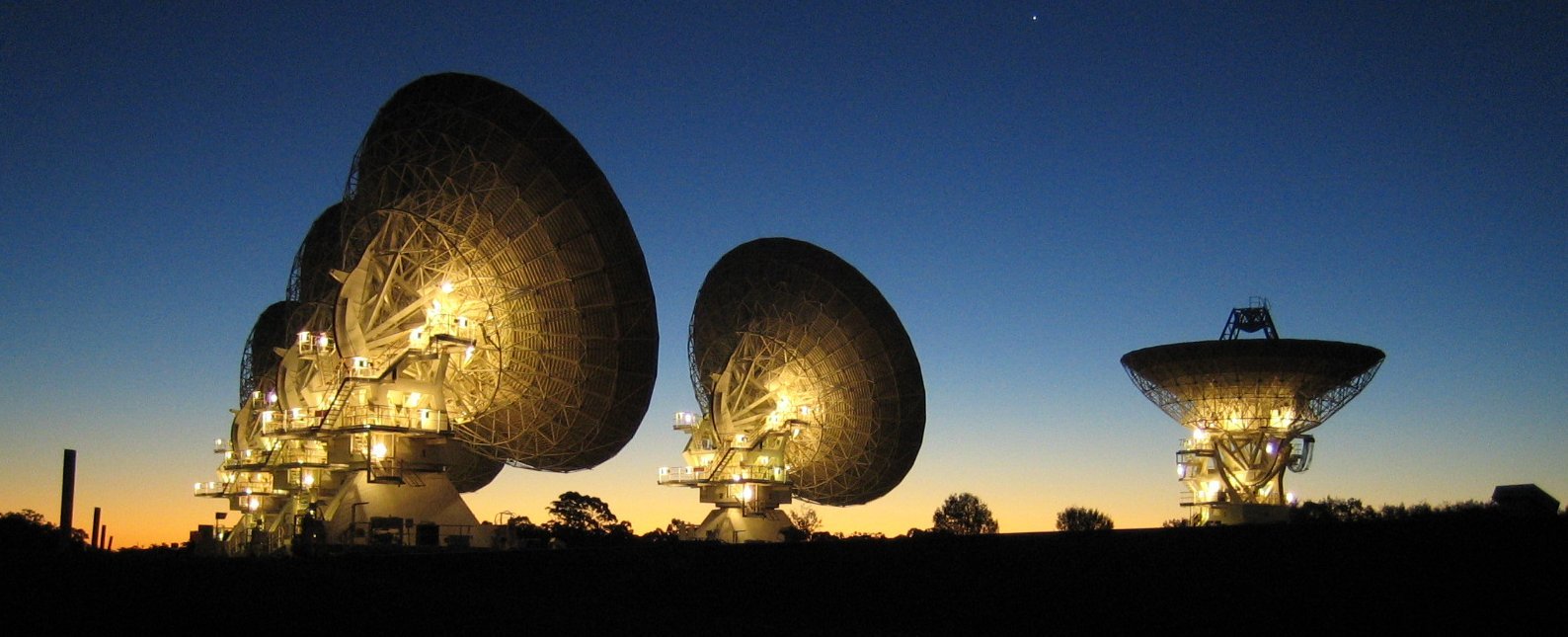

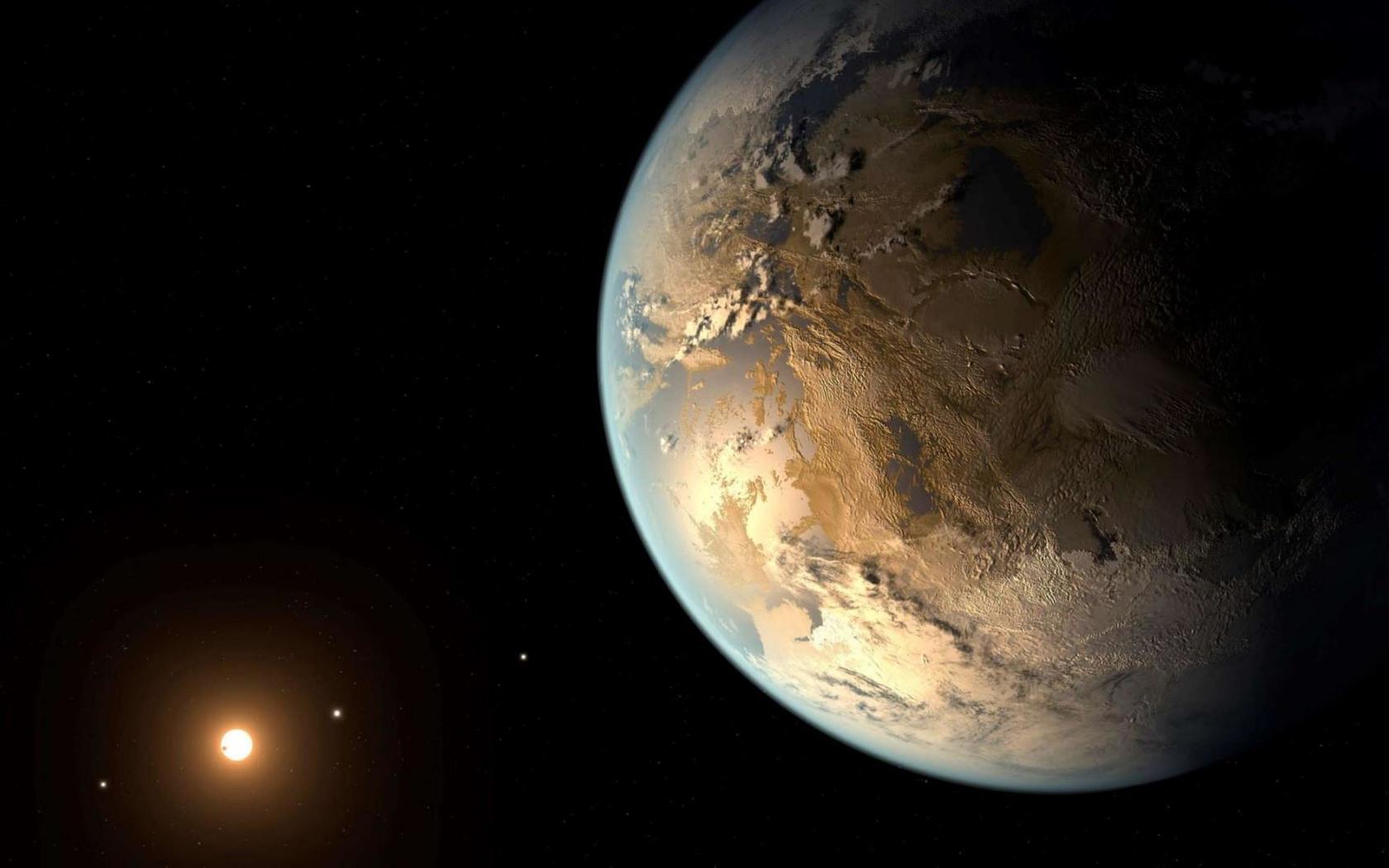

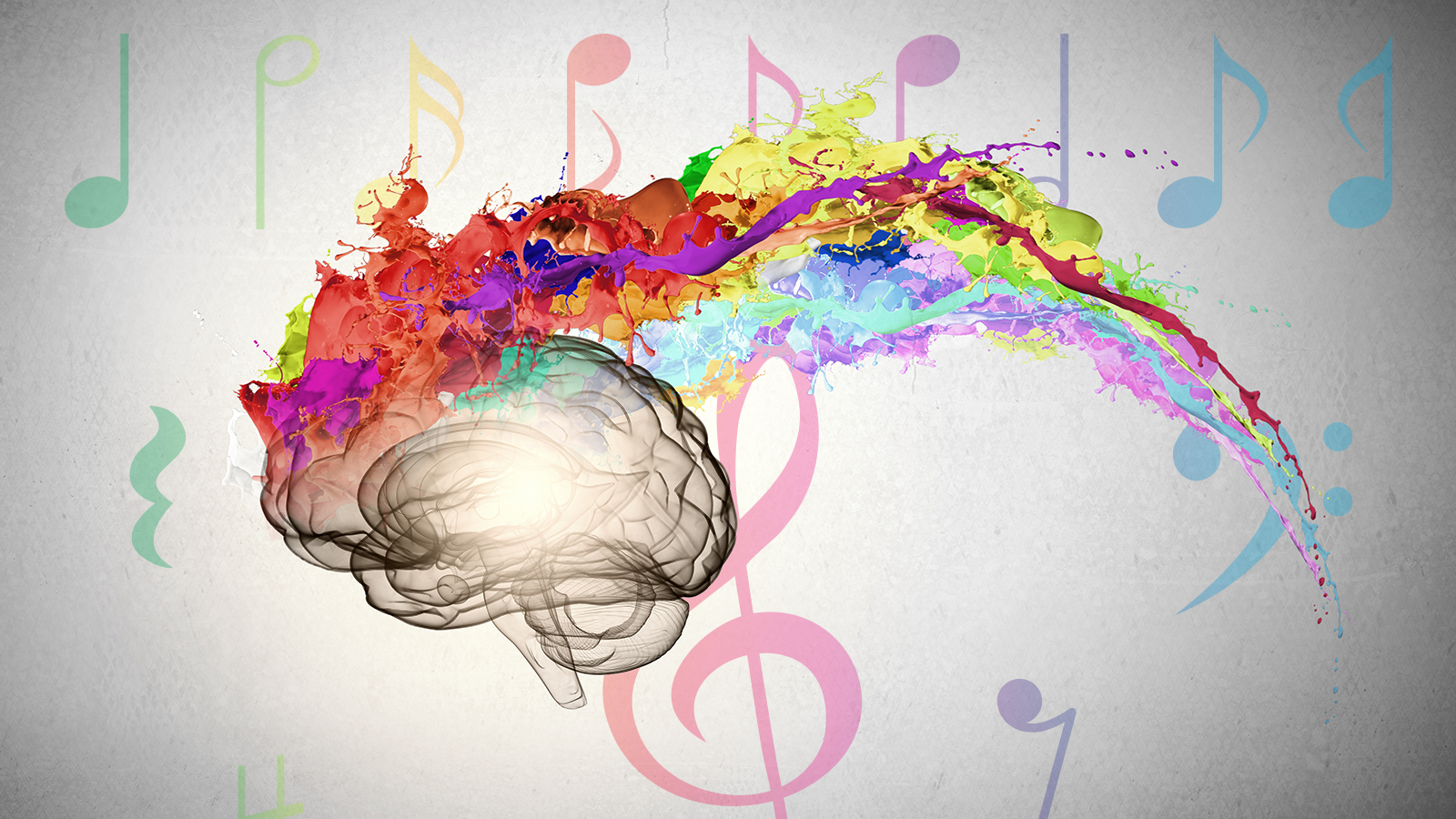
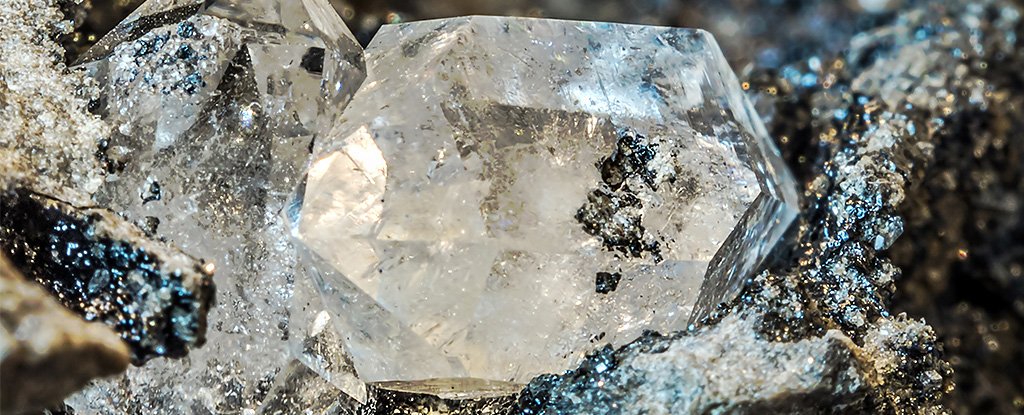

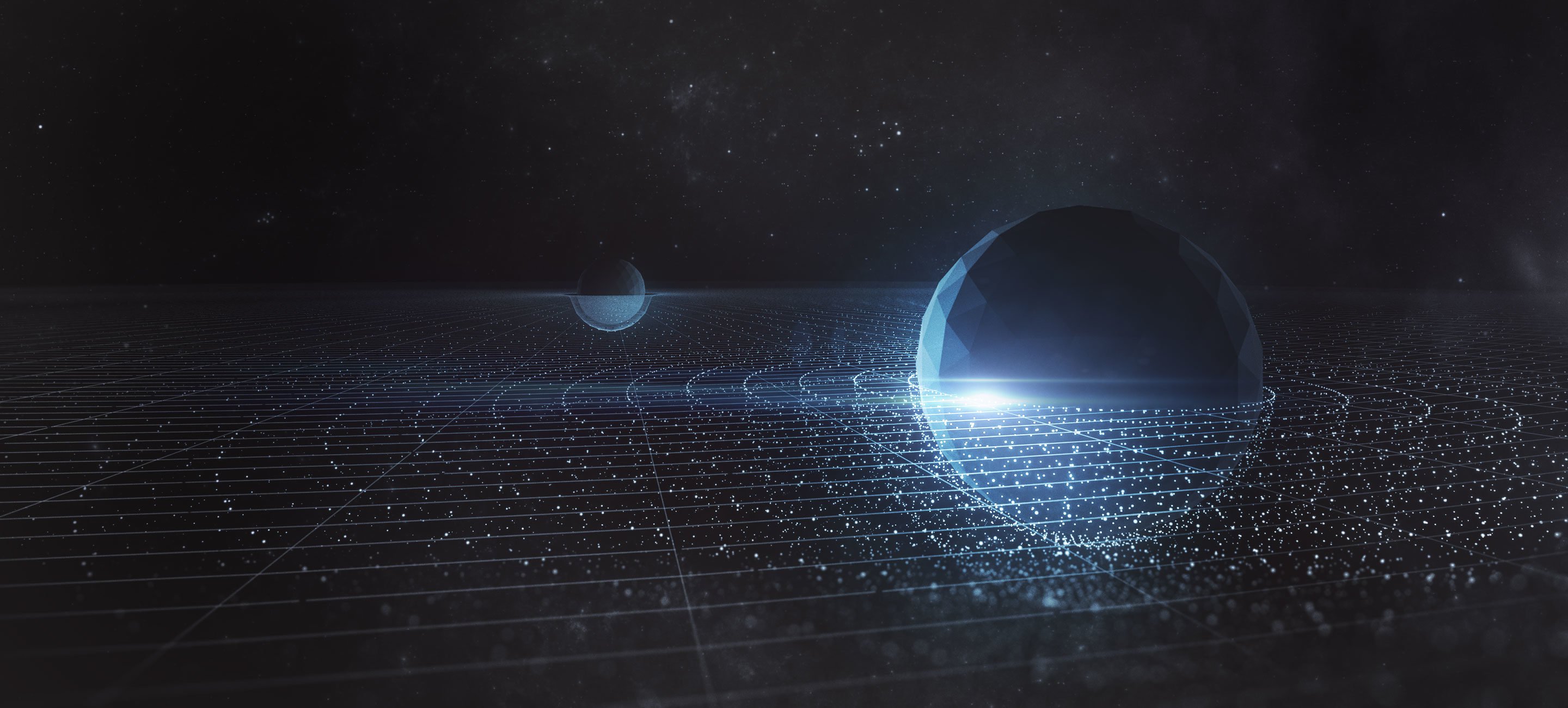

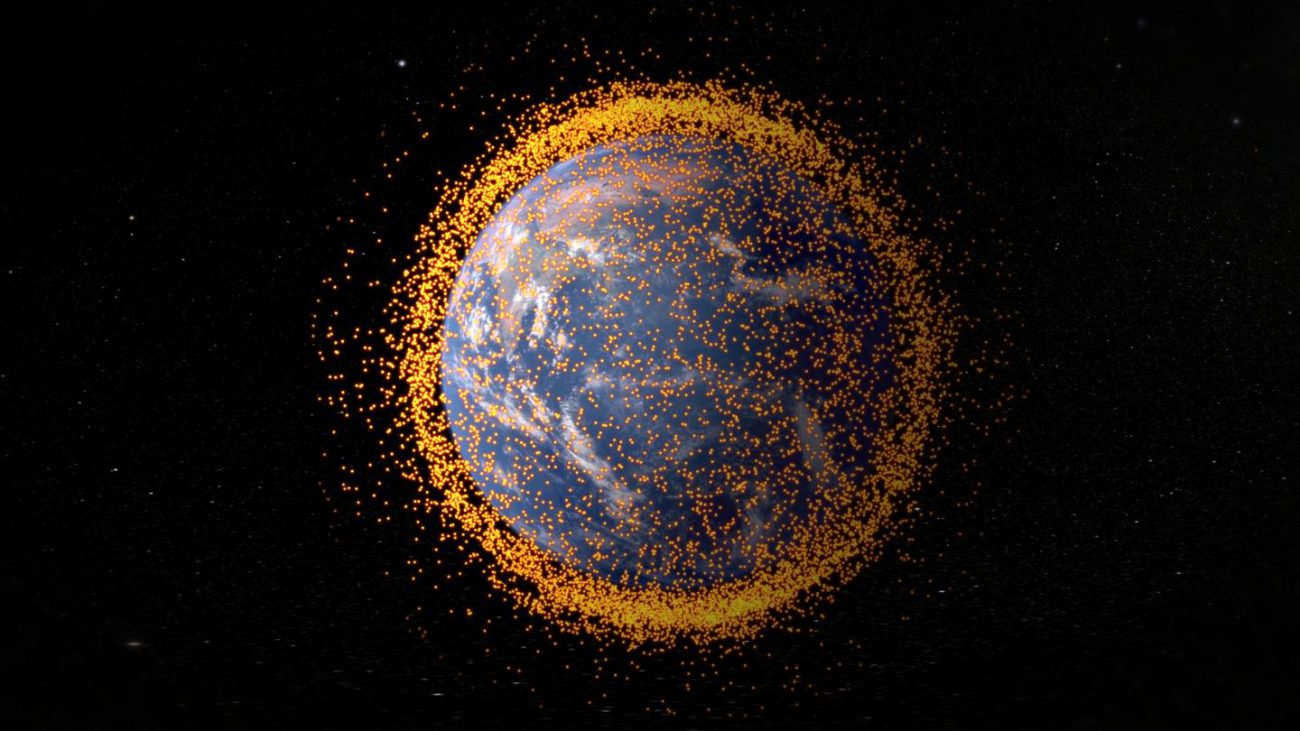
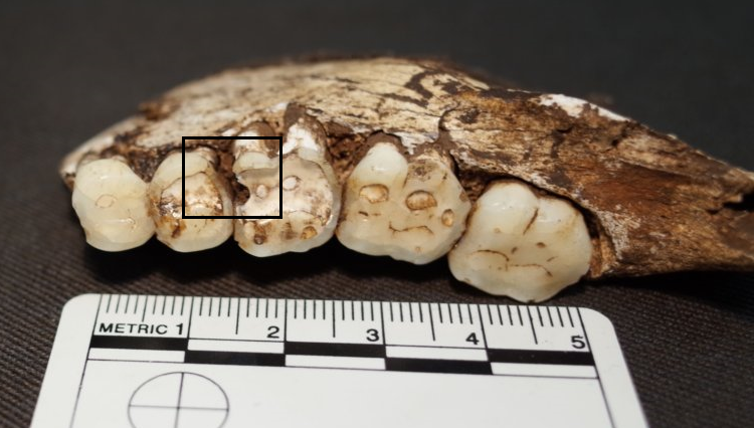
Comments (0)
This article has no comment, be the first!